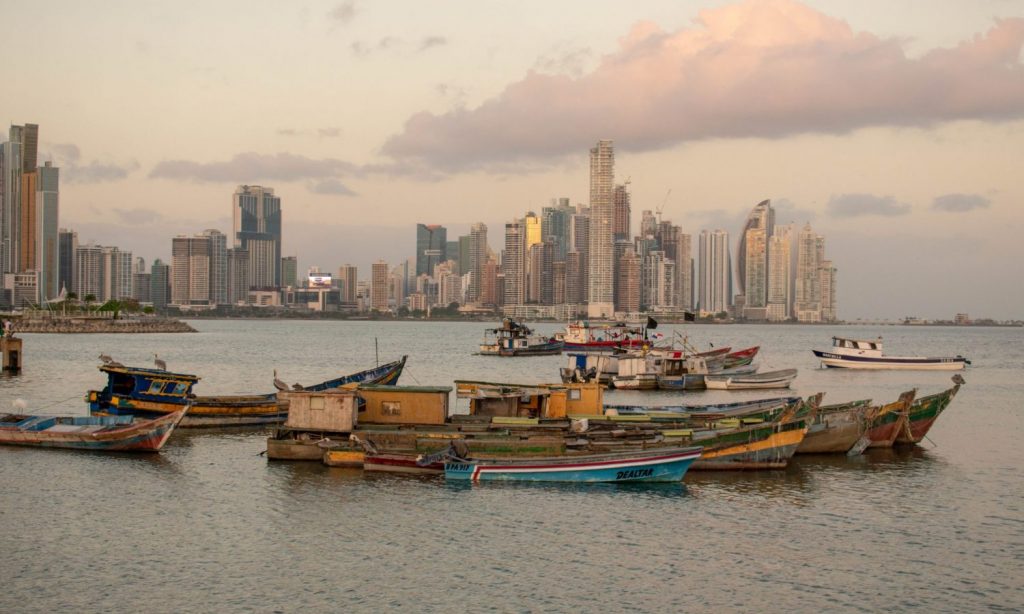Almost half of US adults with breast cancer use cannabis (marijuana and hemp), most commonly in combination with cancer treatment to control symptoms and side effects, according to a new study. However, most patients do not discuss cannabis use with their doctor. The findings will be published online early. cancer..
Individual cancer People often experience pain, malaise, nausea, and other difficulties that result from cancer and its treatment. While some rely on cannabis to relieve symptoms, many doctors feel that they lack the knowledge they need to discuss cannabis with their patients. Such knowledge is especially important now that cancer is designated as a qualifying condition in almost every state. Medical cannabis program.
Investigators recently conducted an anonymous online survey to investigate cannabis use in diagnosed adults. breast cancer Within five years, he was a member of the Breastcancer.org and Healthline.com online health communities.
Among the main findings:
Of the total of 612 participants, 42% reported using cannabis to relieve symptoms such as pain, insomnia, anxiety, stress, and nausea / vomiting. Seventy-five percent of people who used cannabis reported that cannabis was very or very helpful in relieving symptoms.Almost half (49%) of participants who used cannabis believed that medical cannabis could be used to treat the cancer itself. However, its effectiveness against cancer is unknown.Of those who use cannabis, 79% used cannabis during treatments such as systemic therapy, radiation therapy, and surgery.Participants reported using a variety of cannabis products known to differ in quality and purity.Half of the participants asked for information about medical cannabis, and the website and other patients were ranked as the most useful sources of information. The doctor was ranked lower in the list.Among those who asked for information Use of cannabis For medical purposes, most people were not happy with the information they received.Most participants believed that cannabis products were safe and were unaware that many products had not been tested for safety.
“Our research highlights an important opportunity for providers to start informed conversations about medical cannabis with patients. Evidence shows that many people use medical cannabis without our knowledge and guidance. “It shows that,” said Dr. Marisa Weiss, lead author of Breastcancer.org. Rankenau Medical Center near Philadelphia, Pennsylvania. “Not knowing if our cancer patients are using cannabis is a major blind spot in our ability to provide optimal treatment, and as a healthcare provider, we talk about medical cannabis with patients. You need to do a better job of initiating informed conversations Those symptoms and side effects are well managed and regarding potential side effects, therapeutic interactions, or the use of medical cannabis for the treatment of cancer. We minimize the risk of non-compliance with standard treatment due to incorrect information. “



